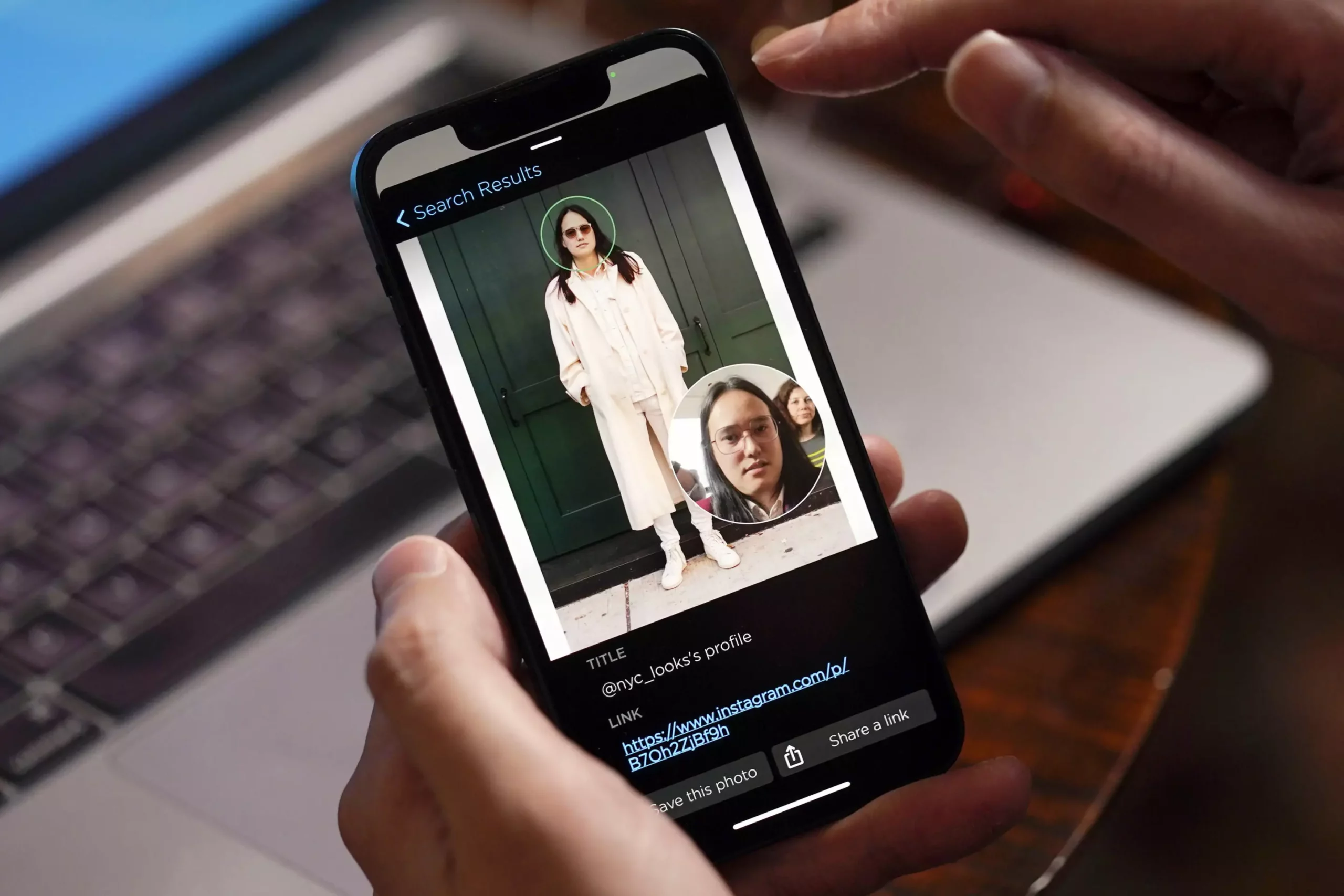Facial recognition startup Clearview AI recently settled a lawsuit in Illinois, where it was accused of violating privacy rights by collecting a massive database of faces. The settlement, estimated to be worth over $50 million, is unique in that it offers plaintiffs a share of the company’s potential value rather than a traditional payout. Judge Sharon Johnson Coleman granted preliminary approval to the agreement, consolidating lawsuits from across the U.S. against Clearview.
Under the terms of the settlement, Clearview agreed to stop selling access to its database to private businesses or individuals. However, it can still work with federal agencies and local law enforcement outside of Illinois. The company has not admitted any liability as part of the agreement, and it is unclear how many people will be eligible to join the settlement. The agreement is broad, including anyone living in the U.S. with images or data in Clearview’s database since July 1, 2017.
A “Creative” Solution?
According to lead plaintiffs’ attorney Jon Loevy, the agreement was a “creative solution” necessitated by Clearview’s financial status. Loevy stated that Clearview did not have the cash to pay fair compensation to the class, leading to the need for an alternative approach. The settlement allows victims of privacy breaches to participate in any potential upside generated by Clearview, giving them a stake in the company’s value.
Criticism of the Settlement
While some view the settlement as a pragmatic solution given Clearview’s financial limitations, others, such as privacy advocates and individuals pursuing legal action against the company, have criticized the agreement. Sejal Zota, an attorney and legal director for Just Futures Law, expressed disappointment, stating that the settlement legitimizes Clearview without addressing the root of the problem.
Despite the settlement, concerns remain about Clearview’s operations and the implications of its facial recognition technology. The agreement does not prevent the company from continuing its activities, raising questions about the effectiveness of the legal action taken against it. As technology continues to advance, issues surrounding privacy and data protection will remain at the forefront of public discourse.
The settlement of the Clearview AI lawsuit presents a complex and multifaceted issue. While some view the agreement as a creative solution to the company’s financial challenges, others criticize it for failing to address the core problems at hand. As the debate continues, it is essential to consider the broader implications of such settlements on privacy rights and the regulation of emerging technologies.


Leave a Reply